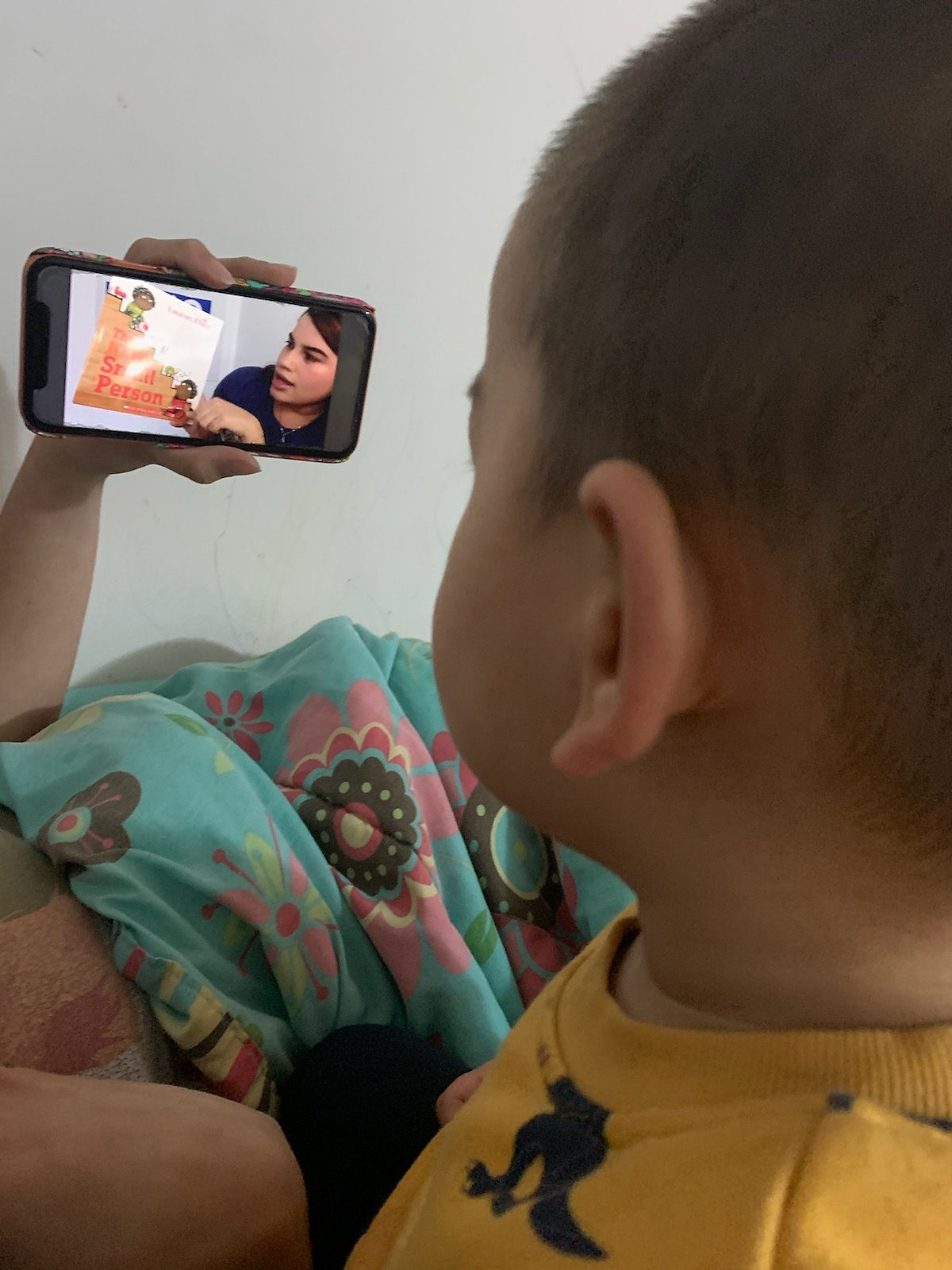
Dear Councilmember:
The New York City Council’s response to the Preliminary Budget paid attention to the complex needs we face together. Thank you for meeting the immediate demands of the pandemic’s impact on our communities.
Because New York City is in the midst of a literacy crisis and the impact of early childhood programming is so profound, we urge you to consider the value of supporting early literacy and early childhood efforts as you begin negotiations around the Executive Budget. Birth to five quality early education offers a 13% Return on Investment for its long term value in improving health, reducing crime, increasing income, IQ, and maternal income upon return to work.*
Early literacy is a social justice issue. Lack of access to early literacy programming is concentrated in high poverty neighborhoods and disproportionally affects children of color. Without educational justice, racial justice remains unattainable. Educational justice rests on access to early literacy. We need to rebuild a more equitable city; early literacy is essential to that effort.
Recognize that the stimulation loss for babies and infants confined to homes without books and educational resources during the pandemic is as damaging as the learning loss experienced by older children and students.
Prepare for the fact that this opportunity gap will become an achievement gap because the foundation for learning has not been established.
Prevent this gap from forming with increased programming before children begin formal education. 2-Gen efforts support both parent and child, AND also extend benefits to siblings.
Address the pandemic’s social-emotional impact for the 0 to 5 cohort; small children absorb stress without the capacity to understand its cause. Stress is a well documented impediment to learning.
Incorporate early literacy training into the licensing process for family based day care providers who care for some of our most vulnerable children. Current requirements focus on safety and well being of children, but it is a missed opportunity not to support providers in creating word rich environments in their homes. Investing in training and resources will double the impact by improving outcomes for the children in their care AND creating professional and leadership development for the providers.
Understand that early literacy programming also improves adult literacy, particularly among non-English and immigrant communities. Picture books can themselves incentivize parents to increase reading in their own language, and expand their vocabulary in English.
Move toward parity with adult literacy funding. Prevention now beats intervention later in both cost effectiveness and individual outcomes.
Because early childhood programming crosses agency boundaries, is funded through many sources, and delivered by many different kinds of providers, there is no single oversight entity. Accountability becomes complex; services might not align and the overall well-being of children might not be addressed comprehensively. The Council has the power to explore options for oversight that will reflect the importance of all aspects of early childhood programming and their value to all New Yorkers.
This moment calls for innovative courage and action.
Our future depends on how we respond to the times!
Thank you

Shari Levine
Executive Director
P.S. LINC is the backbone partner for the New York City Council’s only early literacy initiative, City’s First Readers; we are leading a collaboration to adapt its public awareness campaign “Read The City” to our new circumstances. I will be in touch with updates on that effort shortly.